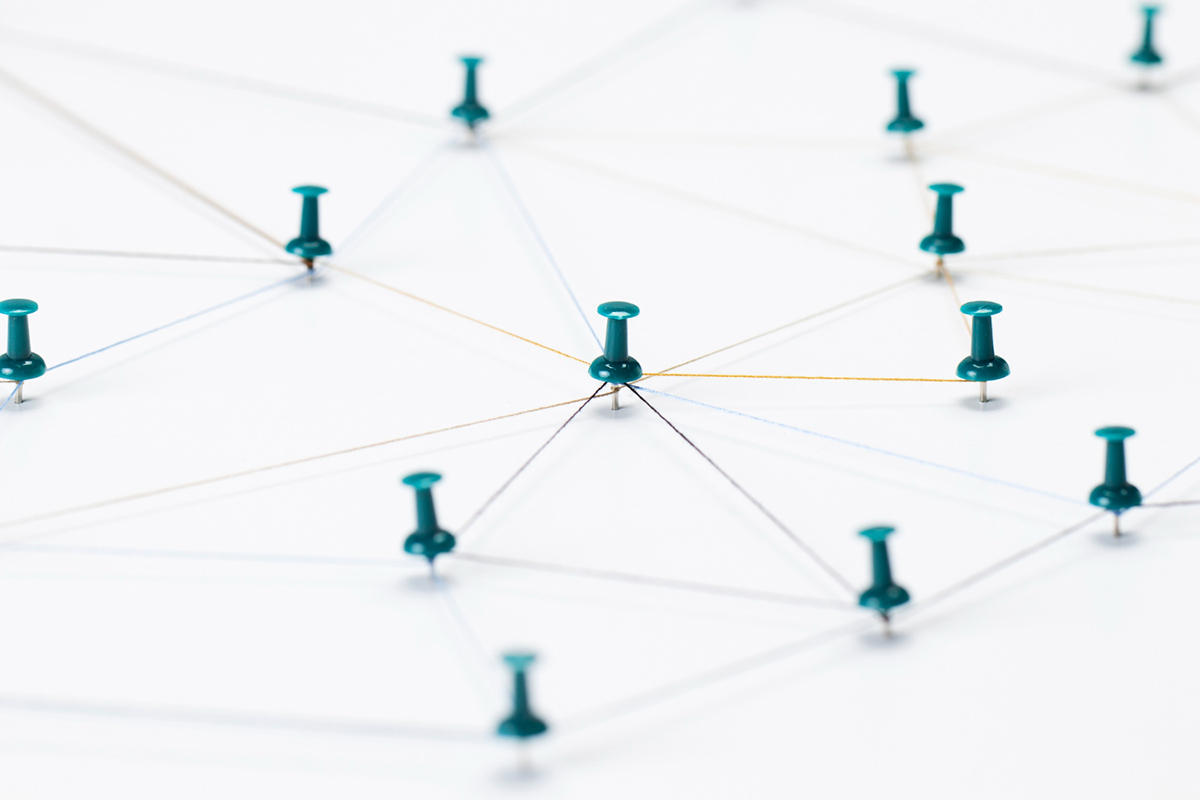How Internal Linking Can Boost Your Site's SEO

When it comes to optimizing your website for search engines, there are many elements to consider. One of them is internal linking. Internal linking refers to linking one page of your website to another within the same domain. In other words, it's like a road map of links within your site. The impact of internal linking in SEO is often overlooked, but it can play a crucial role in how search engines discover and rank your site. In this blog post, we'll take a closer look at how internal linking can help boost your site's SEO.
Helps spread link juice and improve crawlability
Internal linking helps to spread link juice (the value passed from one page to another through hyperlinks) throughout your website, improving the page rank and authority of each individual page. This means that pages that are linked to more often will typically rank higher in search engine results pages (SERPs). By using internal linking, you can also ensure that search engine robots can find all the pages on your site more easily, improving your site's crawlability.
Increases engagement and user experience
Internal linking also helps to increase engagement and improve user experience (UX) on your website. by linking internal pages logically, you help to guide visitors to pages that are relevant and helpful to them. This can improve user engagement, as well as the time they spend on your site, which can have a positive impact on your site's SEO.
Boosts keyword rankings
Using internal linking to link pages that are relevant and have target keywords can also boost your keyword rankings in search engine results. Doing this can help to signal to search engines that a particular page is more important or relevant to a given keyword or topic. This can help boost your website's overall ranking for that keyword or topic.
Helps establish website hierarchy
Internal linking can also help to establish website hierarchy, making it easier for both search engines and visitors to understand how content on your site is organized and related. By linking from higher-level pages to lower-level pages (e.g., linking from your home page to category pages, and then from category pages to product pages), you can help to establish a clear hierarchy and structure for your site's content.
Improves website navigation
Finally, internal linking can also help to improve website navigation. By linking to pages in a logical and easy-to-follow manner, you can help visitors find their way around your site more easily. This can help to reduce bounce rates and improve UX, which can also have a positive impact on your site's SEO.
Conclusion
In conclusion, internal linking is an essential component of SEO that can help to improve your website's crawlability, user experience, and search engine rankings. By using internal linking to signal which pages are important, relevant, and related, you can help both search engines and visitors understand the hierarchy and organization of your site's content. If you're looking to boost your site's SEO, internal linking is one strategy you can use to help achieve your goals. Contact REK marketing and Design for more information about website and SEO services in Orlando.